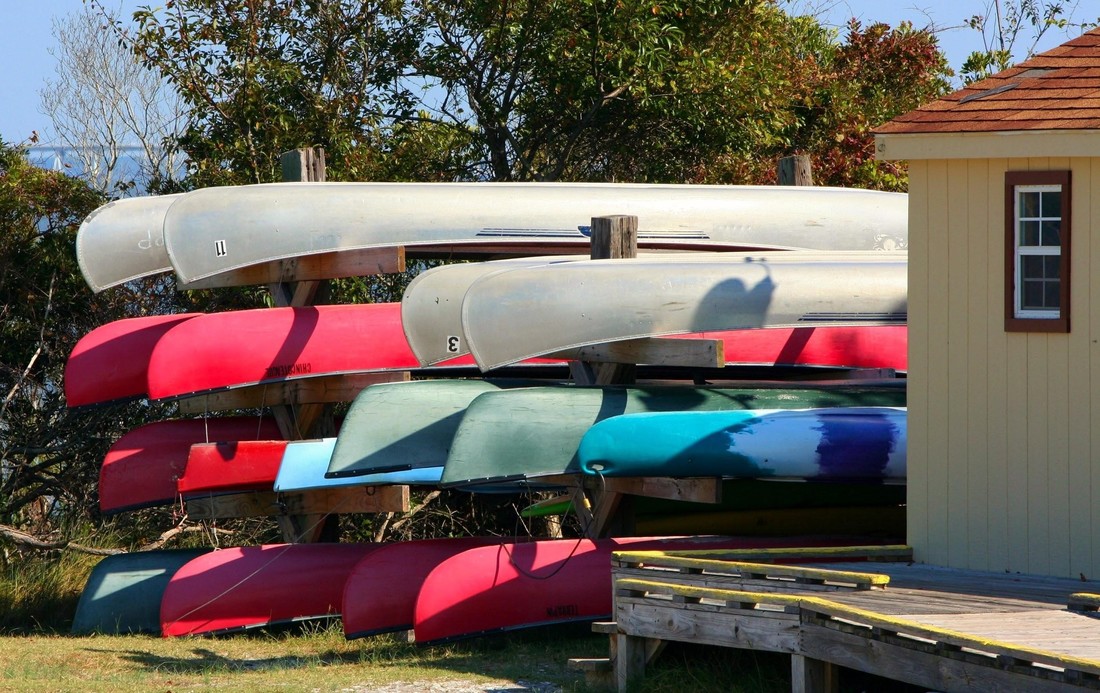A guest article by Alex Robbins
Camp Life
Ask your children what concerns they have about camp, and do your best to address them. Many children are worried about fitting in or trying new activities while at camp. Review some of the things they did well during the school year, and explain how at camp will provide the opportunity to build on these skills and develop new ones.
Depict tasks that will likely occur during camp, such as making beds, packing trunks, and tidying up. Underscore how these tasks are particularly important in a shared space. Also, discuss bathroom procedures, such as what to do if they need to go to the bathroom at night. If your children have never camped before, explaining a bathhouse and what items to take is a good idea.
Shared Space and Sleeping
Many children are nervous about sharing a room with other kids. Even if your children have siblings, sharing a bedroom, especially with multiple strangers, can make them feel nervous. Describe the basics of cohabitating to help calm their nerves. You can show children how to keep their areas organized so that items are easily accessible and don't overflow into someone else's space. Some parents host a sleepover before camp to expose their children to group living.
After a busy day filled with activities, children often struggle to fall asleep. The added anxiety of sleeping somewhere away from home with strangers makes it even more difficult. Teach your child strategies for falling asleep and relaxing, including visualizing himself in a favorite spot or practicing deep breathing.
Outdoor Safety Precautions
Summer camp generally means spending time in the great outdoors. Many families take a family camping trip before camp in order to familiarize children with the outdoor environment, nighttime sounds, darkness, and safety precautions. These precautions include pointing out poisonous plants like poison oak and poison ivy. A good way to remember is the rhyme “Leaves of three, let it be.” You should also teach your child to avoid drinking untreated water and to stay with the group to prevent getting lost.
Although your children may be aware of the importance of sunscreen, reiterate to them how important it is and how to apply it when you’re not around. Show them the proper way to apply it, and suggest they ask for a friend or counselor to help with hard-to-reach spots, such as their backs. Don’t forget to explain how often to reapply and to wait before getting wet.
Staying Away From Home
While your children may go to school during the day, which is time spent away from you, camp is an entirely different experience. Your children will be gone for multiple days, and each day is a full 24 hours without their parents. Children feel excited, but also very nervous. Be honest with children. Help them understand that feeling lonely is normal. Reassure them that as camp activities kick off, these feelings will pass, but may still come up here and there.
All of your preparation talks with your children will prepare you as well. Parents often have mixed feelings about their children going away to camp. Remember all of the positive experiences your children will have. Between participating in fun activities, making new friends, and learning new skills, your child will reap many benefits from camp. Finding a camp that fits your budget in terms of cost can also help ease your stress. Trying to pay for an expense you can’t afford will only make you more stressed about sending your children away. Check out Care.com for free or cheap summer camp options.
Review the camp's brochure and/or website with your children to help everyone get an idea of the tasks and activities to expect, as well as how the grounds look. If you’re able to do so, attend an open house while camp is in session or just drop by for a visit. Summer camp is often an experience that will stick with your child for life. Help make that experience a positive one by preparing your child beforehand.


 RSS Feed
RSS Feed
